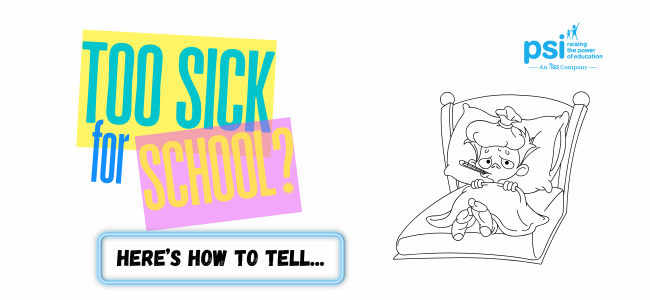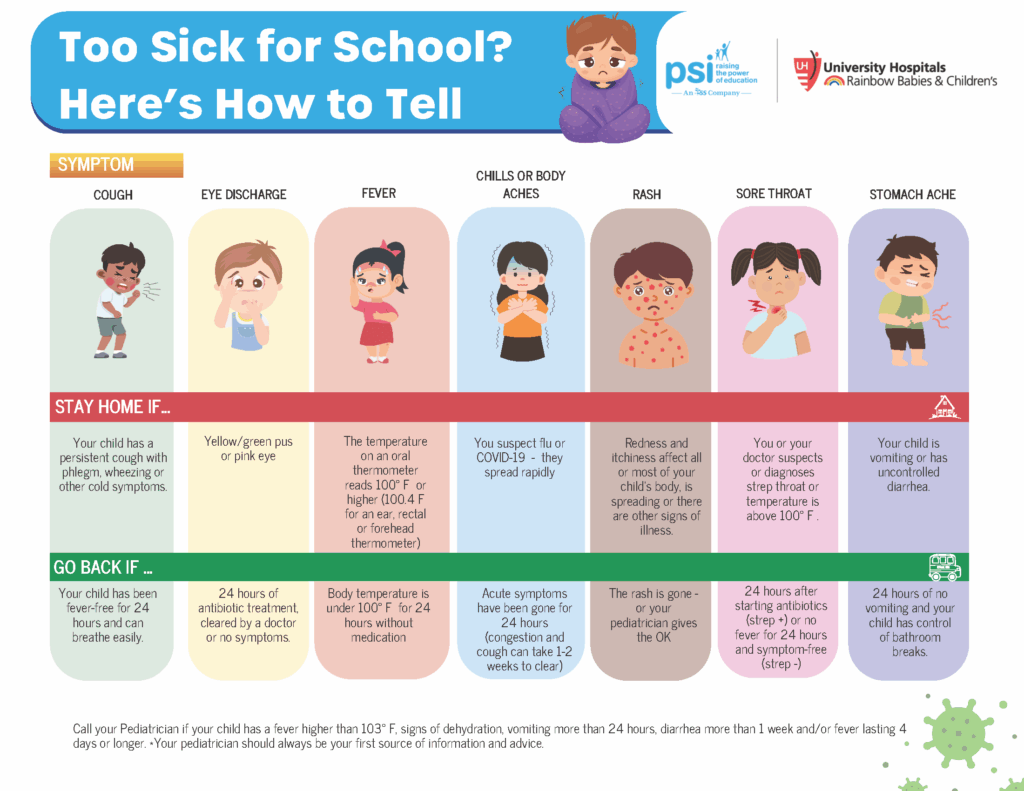
Too Sick for School? Here’s How to Tell
Every parent faces the question at some point: “Is my child too sick to go to school today?” Deciding whether to keep a student home isn’t always easy, especially with common symptoms like coughs, sore throats, or stomach aches. To help, PSI has created a “Too Sick for School?” flyer as a quick reference guide for families and staff.
The flyer outlines clear, easy-to-follow guidelines on when children should stay home and when it’s safe for them to return to school. For example:
Fever: Keep your child home if their temperature is 100°F (100.4°F ear/forehead) or higher. They can return once they’ve been fever-free for 24 hours without medication.
Sore Throat: If strep throat is suspected or diagnosed, children should stay home and only return 24 hours after starting antibiotics.
Stomach Issues: Vomiting or uncontrolled diarrhea means rest at home until your child has been symptom-free for 24 hours.
Other Concerns: Persistent coughs, spreading rashes, eye infections, or flu-like symptoms are also signs to rest and recover.
In addition, the flyer reminds families to call their pediatrician for more serious concerns such as a fever over 103°F, signs of dehydration, or prolonged vomiting or diarrhea.
By following these guidelines, parents can feel confident in making decisions that support both their child’s recovery and the health of the school community.
👉 Download and share the “Too Sick for School?” flyer. It’s a great resource for your clinic, classroom, or home—helping everyone stay healthier and keep learning on track.




